The first phase of the BDD chawls redevelopment, located in Worli, is set to be completed by March, marking a significant milestone in the ongoing effort to transform these overcrowded and dilapidated spaces into modern, sustainable communities.
The BDD chawls, originally built in the 1920s to accommodate Mumbai’s growing industrial workforce, have long suffered from overcrowding, deteriorating infrastructure, and a lack of basic amenities. The redevelopment initiative, launched in 2017 by the Maharashtra Housing and Area Development Authority (MHADA) in collaboration with the state government, seeks to address these issues while providing a much-needed solution to Mumbai's housing crisis.
Worli, one of the first areas to benefit from the redevelopment, has seen notable progress in recent years. The new homes being built will provide more spacious accommodations compared to the cramped apartments in the original chawls, which were often no larger than 160 square feet. The new apartments, with an average size of about 500 square feet, are designed to provide a better quality of life for residents, offering more space, improved facilities, and a modern living environment. These new homes will come equipped with essential amenities, including proper sanitation, reliable water supply systems, electricity, and access to other basic utilities, which were previously lacking in many of the old chawls.
A crucial aspect of the redevelopment is the rehabilitation of the existing residents who have lived in the chawls for many years. To ensure that these long-term residents remain within their communities, approximately 68% of the newly constructed homes in Worli will be allocated to them. This approach prioritizes the needs of those who have been living in the chawls and ensures that they are not displaced from their neighborhoods. The remaining 32% of the homes will be available for sale to the public, offering opportunities for new residents to settle in the area.
In addition to providing better housing, the redevelopment project also focuses on improving the overall infrastructure of the area. Roads, sewage systems, and public spaces are being upgraded to enhance the urban environment. The inclusion of green spaces and public areas is another key component of the redevelopment, which will help improve the neighborhood’s livability and create areas for residents to socialize, relax, and engage with the community.
The redevelopment effort is being funded through a combination of government resources and private investments. Private developers are responsible for constructing the new homes for sale, while the government ensures that the existing residents are given priority in the allocation process. This collaboration between the public and private sectors has been critical in driving the project forward, enabling both the creation of new homes and the rehabilitation of current residents.
Despite the progress, the redevelopment has not been without its challenges. Construction delays, legal disputes, and concerns about relocating residents have occasionally slowed the pace of work. However, the state government and MHADA have taken proactive steps to address these issues, minimizing disruptions to residents and ensuring that the project remains on track. Temporary accommodations have been provided for families while their new homes are under construction, allowing them to continue living in the area without significant disruption.
For the families that have lived in the BDD chawls for generations, the redevelopment project offers a significant improvement in their living conditions. The new apartments will provide larger spaces, better amenities, and a safer, more comfortable environment. The overcrowded conditions, which once made everyday life difficult, will give way to modern homes with ample space, privacy, and access to essential services, transforming the daily lives of thousands of families.
The broader impact of the redevelopment extends beyond the residents of the chawls. By addressing the housing shortage in Mumbai and providing more affordable options, the project will help alleviate some of the pressure on the city’s overburdened housing market. The project is also expected to have a positive effect on the surrounding areas, with improved infrastructure, better roads, and upgraded public spaces contributing to the overall development of the city.
The completion of the first phase in Worli will set the stage for the subsequent phases of the BDD chawls redevelopment, which will extend to other locations such as Naigaon, NM Joshi Marg, and Sewri. Each phase will deliver more homes, improve living conditions for residents, and contribute to the development of sustainable, livable neighborhoods across the city.

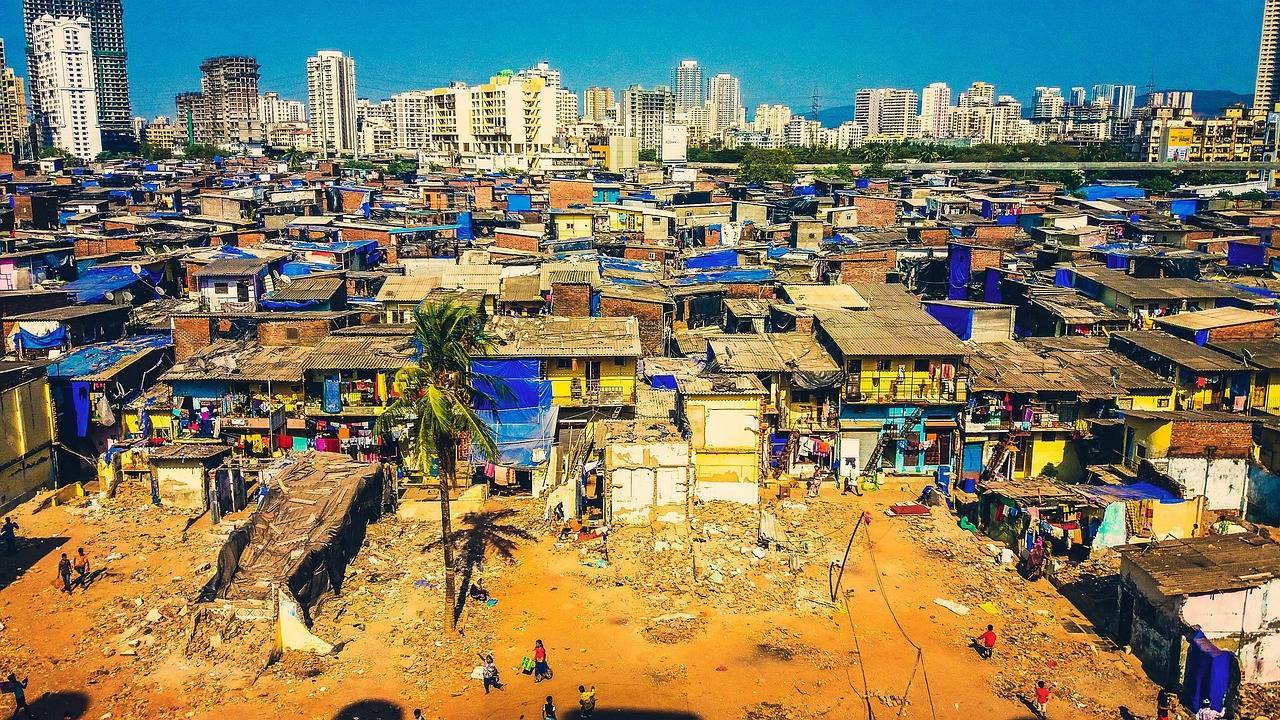



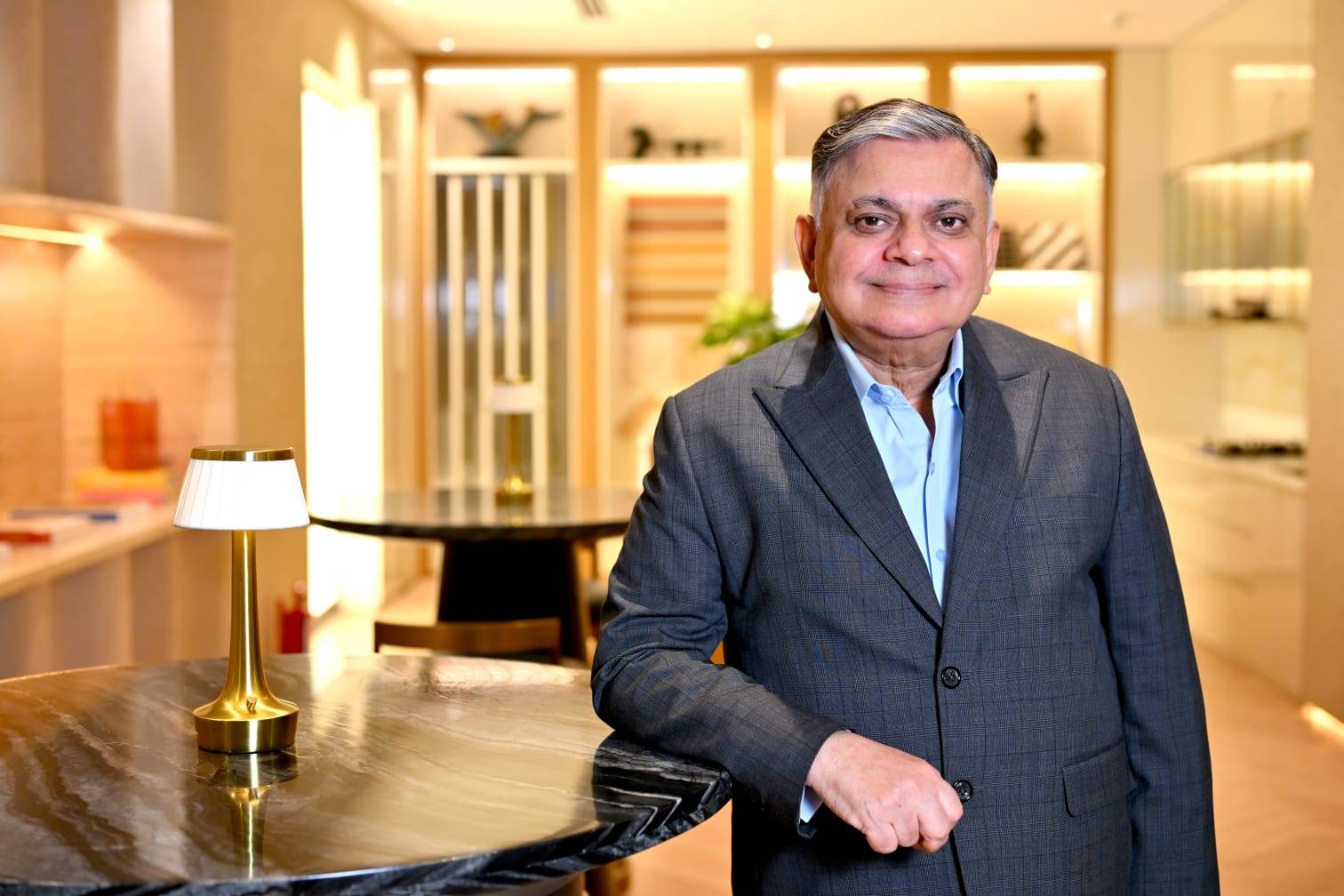
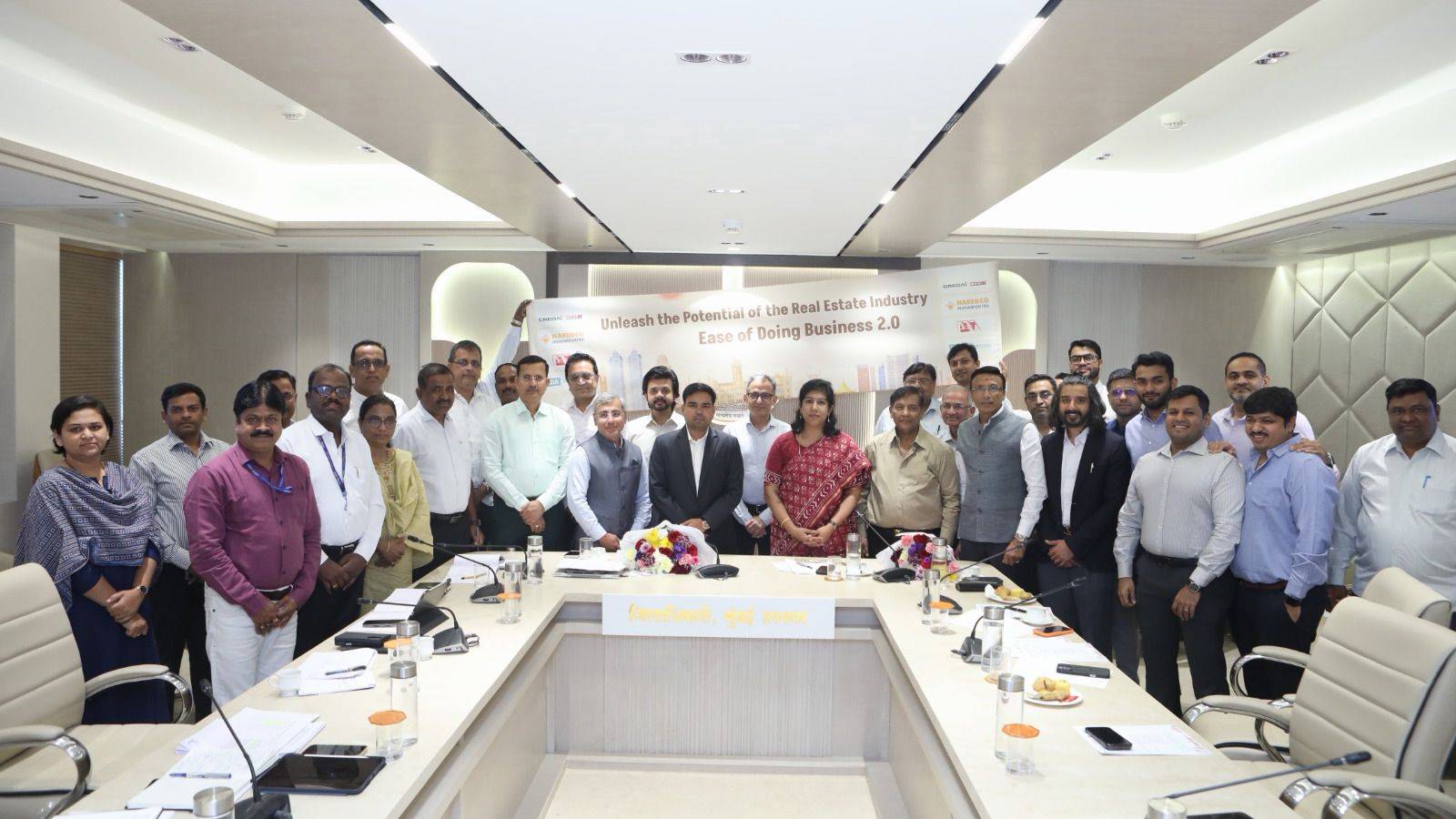
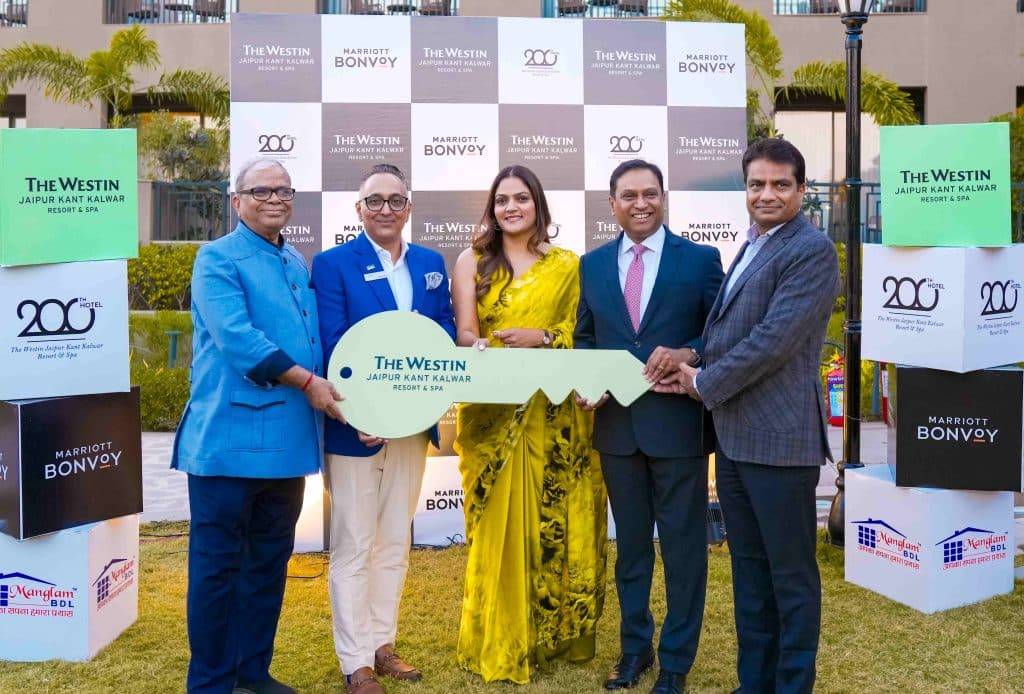
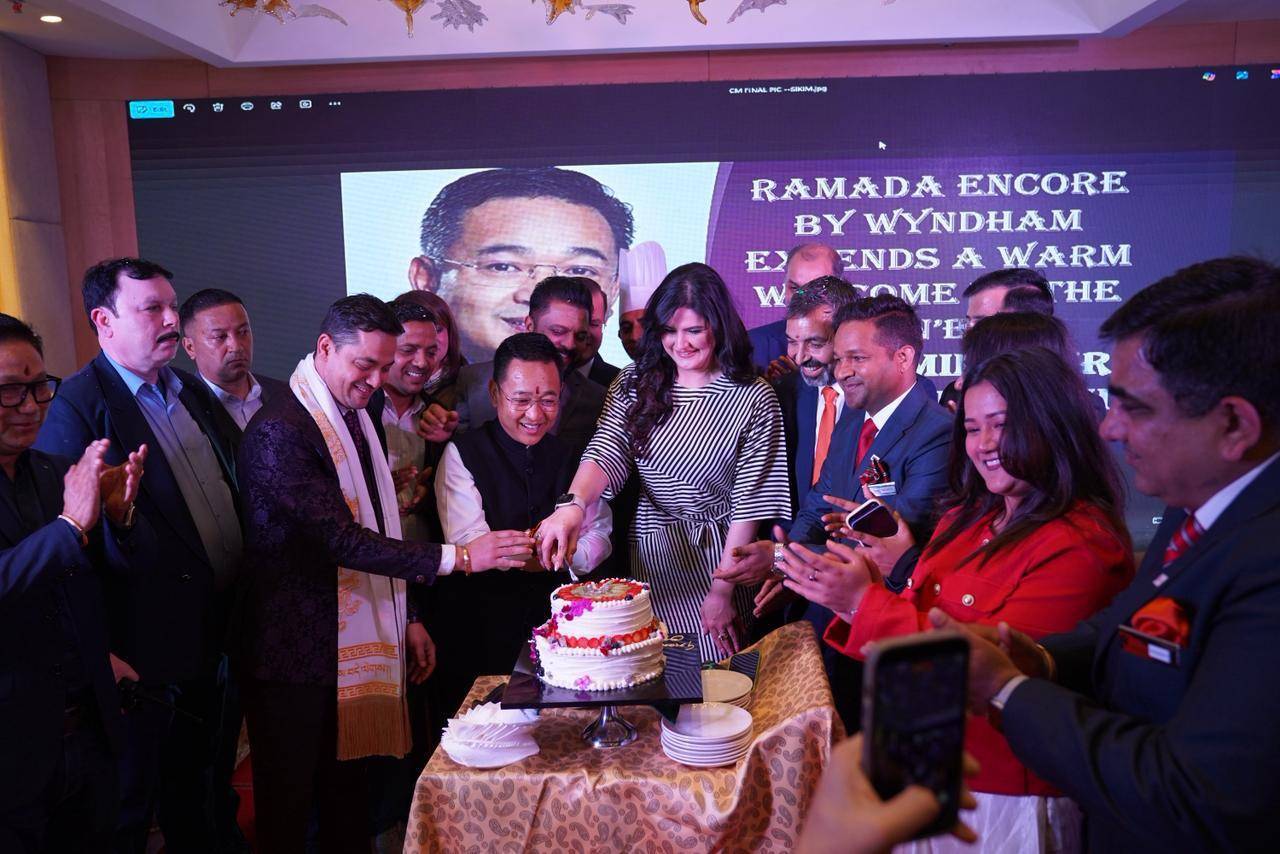
.png)